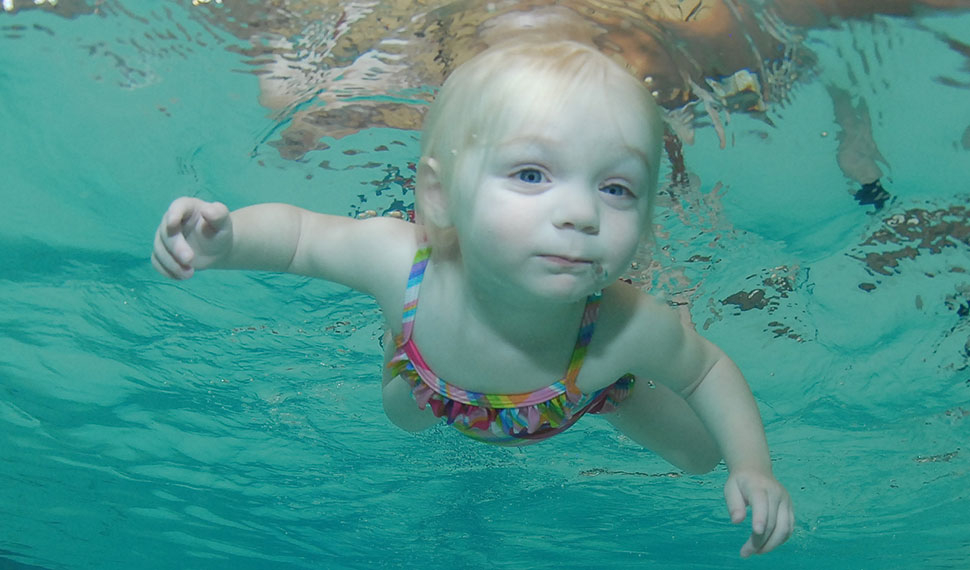
Students with Apprehension or Anxiety

In most cases, swim lessons represent one of the first opportunities for structured lessons in a child’s life. Swimming with a stranger who is asking them to test their abilities can often trigger fears. When and if apprehension, anxiety, reluctance, and crying should occur, our staff is well-trained and well-equipped to help aid their concerns. We know that structured environments are often difficult for young children to accept, as they are known to continually attempt to test their boundaries and exert their independence. Ultimately, in the instance where a resistance to lessons represents itself in the form of crying and/or verbal refusal to comply with the lessons, we want to confirm that there is a positive: they will get over it!
Much like taking a reluctant child to the doctor’s office or dropping them off at their first day of school, parents must set the tone when they know what is best for their child. Giving in and telling a toddler, “you don’t have to swim if you don’t want to” sets the stage for a child who is being given too much control. Most parents wouldn’t tell their child, “you don’t have to let the doctor give you that immunization shot if you don’t want to” or “you don’t have to go to school (do your homework, read, etc.) if you don’t want to.” The same approach works here.
So how do you, as a parent, handle a child who cries? Be firm, yet supportive. Let them know that you are proud of them, yet let them know that they need to stay in the pool and listen to their teacher. This experience tests parents. This is your time to focus on the positive and for you, as the parent, to instill confidence. Trust us: your child is fine, a little crying does not mean they hate swimming, they will not be traumatized by a few uncomfortable moments of anxiety.
